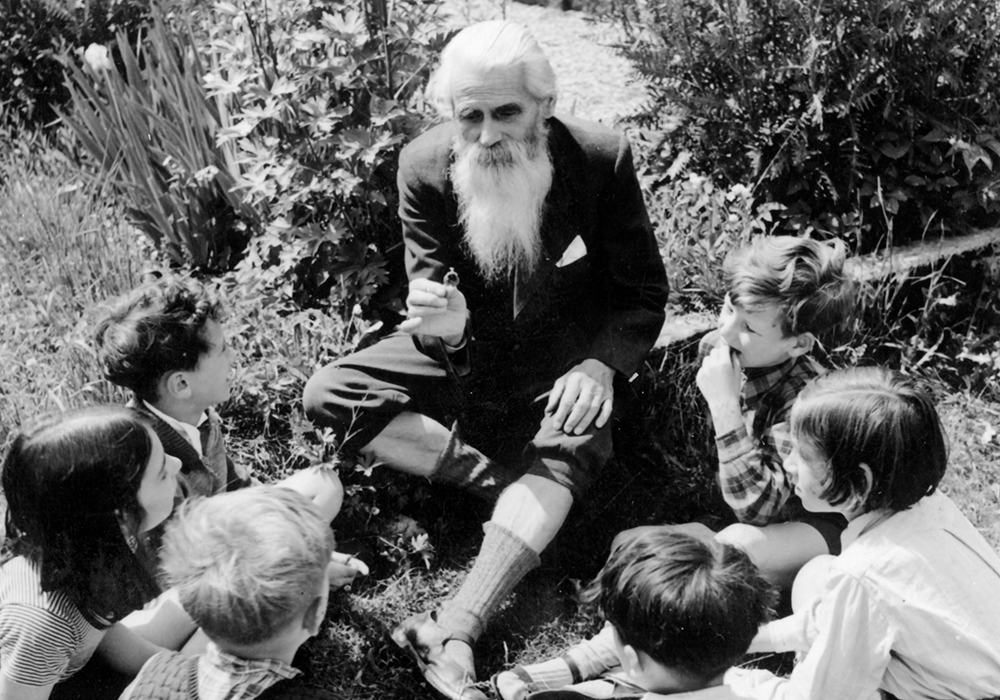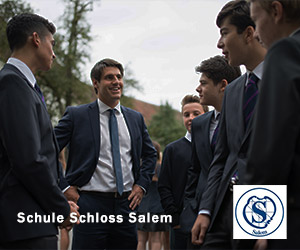
Progressive Education in the Heart of the Swiss Alps
28.11.20Established in 1934 by noted reform educator Paul Geheeb and Edith Geheeb Cassirer, the Ecole d’Humanité has been a historical touchstone for the development of progressive educational practices since its inception.
The centre of Geheeb’s philosophy, still found at the heart of the school today, is the challenge to students and teachers to “become who you are”, a principle supported by the work of several renowned educators deeply involved in the evolution of the school.
The theories of Geheeb’s contemporary, Martin Wagenschein (1896-1988), provided the model of teaching for the school. His method of learning through immersive experience is key to the Ecole’s pedagogy, as is his emphasis on providing defining experiences. His concept of “engaged grasping” allows the learner to come to an understanding of the whole in an experience of the particular. Wagenschein was a proponent of bloc scheduling long before it was fashionable, noting that through immersion “teaching and learning finds a way into the hearts of both students and teachers” and to this day Ecole students focus intensely on three academic courses per term.
Psychologist Ruth Cohn (1912-2010), the developer of Theme-Centered Interaction (TCI), consulted with the school for three decades. A central theme of TCI is Cohn’s understanding that human autonomy increases with the awareness of one’s interdependence with others. Appreciation and respect of self, others, and the world is key to group dynamics and personal growth. Cohn’s use of “reflection rounds” as a means of deepening both the group and individual experience form the basis of regular feedback in Ecole “families” and classrooms.
Upon Geheeb’s death in 1961, Natalie Lüthi-Peterson (1926-2012) co-directed the school for 34 years with her husband Armin Lüthi. Having established an international peace camp following WW II, she was drawn to the multi-cultural nature of the Ecole d’Humanité, which even in its name, “School for Humanity,” symbolised values she considered essential. In the mid-1950’s she established the school’s US academic program to further expand the Ecole’s international nature. A strident feminist, a beloved teacher, an untiring and insistent proponent of self-determination and self-responsibility, Natalie supported her students and co-workers in meeting the school’s entreaty to “become who you are.”
The school’s founding tenets of self-reliance, community-mindedness, a relationship with nature, creative expression, and intellectual rigor are emblematic of the Ecole’s historical educational importance as well as its unqualified relevance in the 21st century.
Find out more: www.ecole.ch
COPYRIGHT © Abode2 2012-2024











